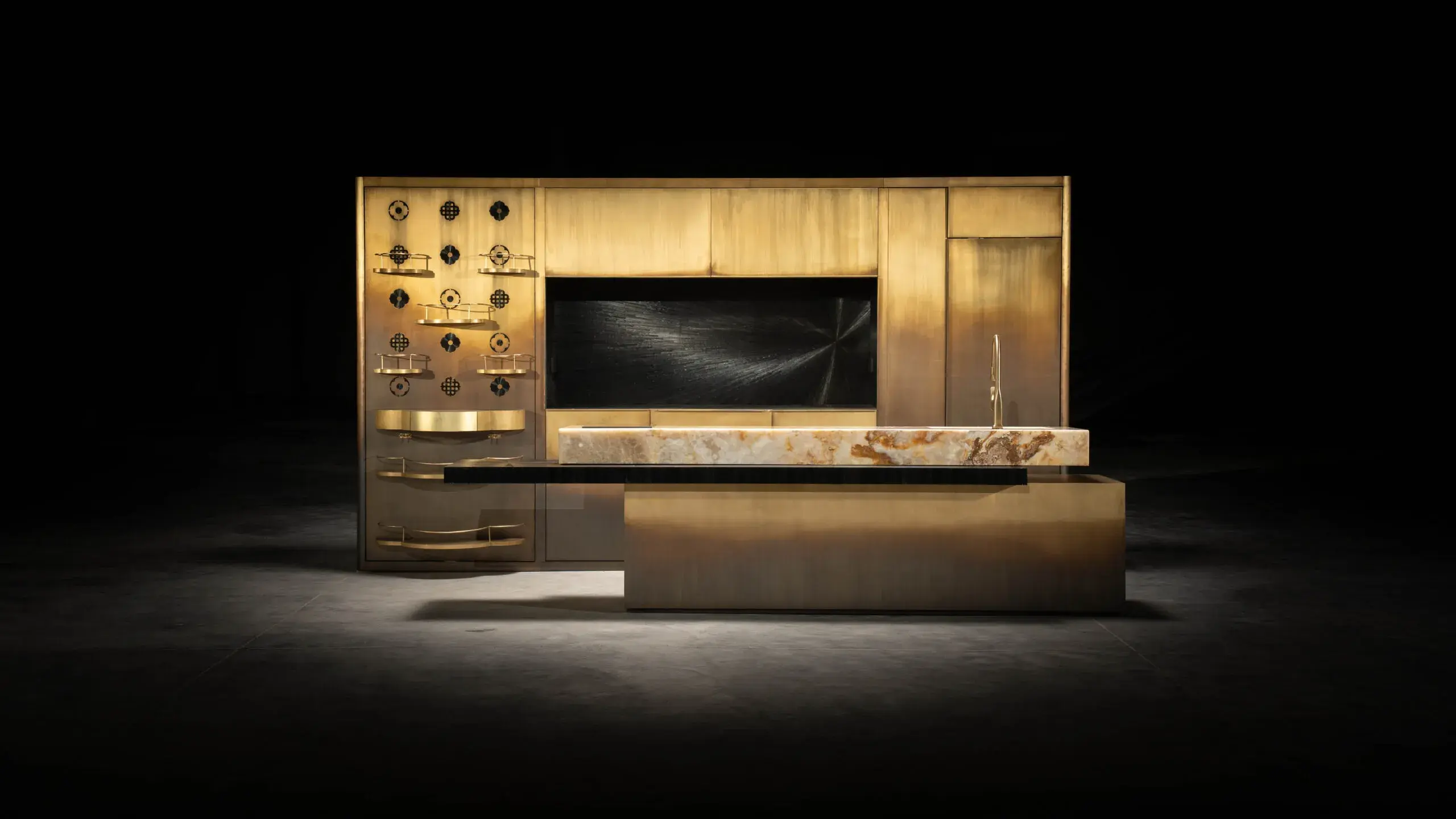Revolutionizing Bespoke Furniture: Integrating AI-Driven Design and Su…
페이지 정보
작성자 Izetta 작성일25-10-06 12:11 조회25회 댓글0건관련링크
본문
The world of bespoke furniture has long been synonymous with craftsmanship, personalization, and luxury. However, as technology and sustainability become increasingly integral to modern living, the industry is poised for a transformative leap. This article explores a demonstrable advance in bespoke furniture: the integration of AI-driven design tools and sustainable smart materials. This innovation not only enhances the creative process but also aligns with contemporary environmental and technological demands, setting a new standard for what bespoke furniture can achieve.
AI-Driven Design: Personalization at Scale
Traditional bespoke furniture relies heavily on the expertise of designers and artisans, often limiting accessibility due to high costs and lengthy production times. The introduction of AI-driven design tools revolutionizes this process by democratizing bespoke furniture creation. These tools leverage machine learning algorithms to analyze user preferences, spatial requirements, and aesthetic tastes, generating customized designs in a fraction of the time it would take a human designer.
AI platforms can now simulate thousands of design iterations based on user inputs, such as room dimensions, color schemes, and functional needs. For instance, a homeowner could input their living room dimensions and preferred style (e.g., mid-century modern), and the AI would generate multiple furniture designs tailored to their space. This not only accelerates the design phase but also reduces costs, making bespoke furniture more accessible to a broader audience.
Moreover, AI can incorporate ergonomic and functional considerations, ensuring that the final piece is not only aesthetically pleasing but also practical. For example, an AI-designed chair could be optimized for lumbar support based on the user’s height and weight, blending form and function seamlessly.
Sustainable Smart Materials: Eco-Friendly Innovation
The integration of sustainable smart materials represents another significant advance in bespoke furniture. Traditional materials like hardwood and leather, while luxurious, often come with environmental drawbacks, including deforestation and high carbon footprints. Smart materials, on the other hand, offer eco-friendly alternatives without compromising on quality or aesthetics.
One such material is mycelium-based composites, derived from the root structure of fungi. Mycelium can be grown into custom shapes, providing a lightweight, durable, and biodegradable alternative to conventional wood. Similarly, recycled ocean plastics can be transformed into high-quality furniture components, reducing waste and promoting circular economy principles.
Smart materials also include self-healing polymers, which can repair minor scratches and dents autonomously, custom bespoke furniture London extending the lifespan of furniture and reducing the need for replacements. Additionally, thermochromic and photochromic materials can change color in response to temperature or light, offering dynamic aesthetic possibilities that traditional materials cannot match.
Seamless Integration of Technology
The convergence of AI-driven design and sustainable smart materials is further enhanced by the seamless integration of technology into bespoke furniture. Smart furniture is no longer a novelty but a growing trend, with features like built-in wireless charging, LED lighting, and IoT connectivity becoming standard.
For example, a bespoke desk could incorporate wireless charging pads for devices, adjustable height mechanisms controlled via smartphone apps, and embedded sensors to monitor posture and remind users to take breaks. Similarly, a smart sofa could feature built-in speakers, temperature-regulated seating, and modular components that adapt to different seating arrangements.

This integration of technology not only enhances functionality but also aligns with the modern lifestyle, where connectivity and convenience are paramount. By combining AI design capabilities with smart materials, bespoke furniture London shop furniture can offer a level of personalization and innovation previously unimaginable.
Environmental and Economic Impact
The adoption of AI-driven design and sustainable smart materials has far-reaching environmental and economic implications. From an environmental perspective, these advancements reduce the reliance on non-renewable resources, minimize waste, and lower carbon emissions associated with production and transportation.
Economically, the reduced production time and material costs enabled by AI and smart materials make bespoke furniture more affordable, opening up new market opportunities. Additionally, the longevity and adaptability of smart furniture reduce the need for frequent replacements, fostering a more sustainable consumption model.
Challenges and Future Directions
While the integration of AI and smart materials holds immense potential, it is not without challenges. The initial investment in AI technology and the development of smart materials can be prohibitive for smaller manufacturers. Furthermore, there is a need for standardized regulations to ensure the safety and sustainability of these innovations.
Looking ahead, the future of bespoke furniture lies in the continued collaboration between designers, technologists, and material scientists. Advances in 3D printing, for instance, bespoke furniture London store could further streamline production, allowing for even greater customization and efficiency. Additionally, the development of bio-based smart materials could push the boundaries of sustainability, creating furniture that is not only personalized but also regenerative.
Conclusion
The integration of AI-driven design and sustainable smart materials marks a significant advance in the bespoke furniture industry. By combining cutting-edge technology with eco-friendly practices, this innovation redefines what bespoke furniture can be—more accessible, more sustainable, and more aligned with the demands of modern living. As the industry continues to evolve, it sets a new benchmark for creativity, functionality, and environmental responsibility, paving the way for a future where bespoke furniture is not just a luxury but a sustainable and personalized necessity.
댓글목록
등록된 댓글이 없습니다.
